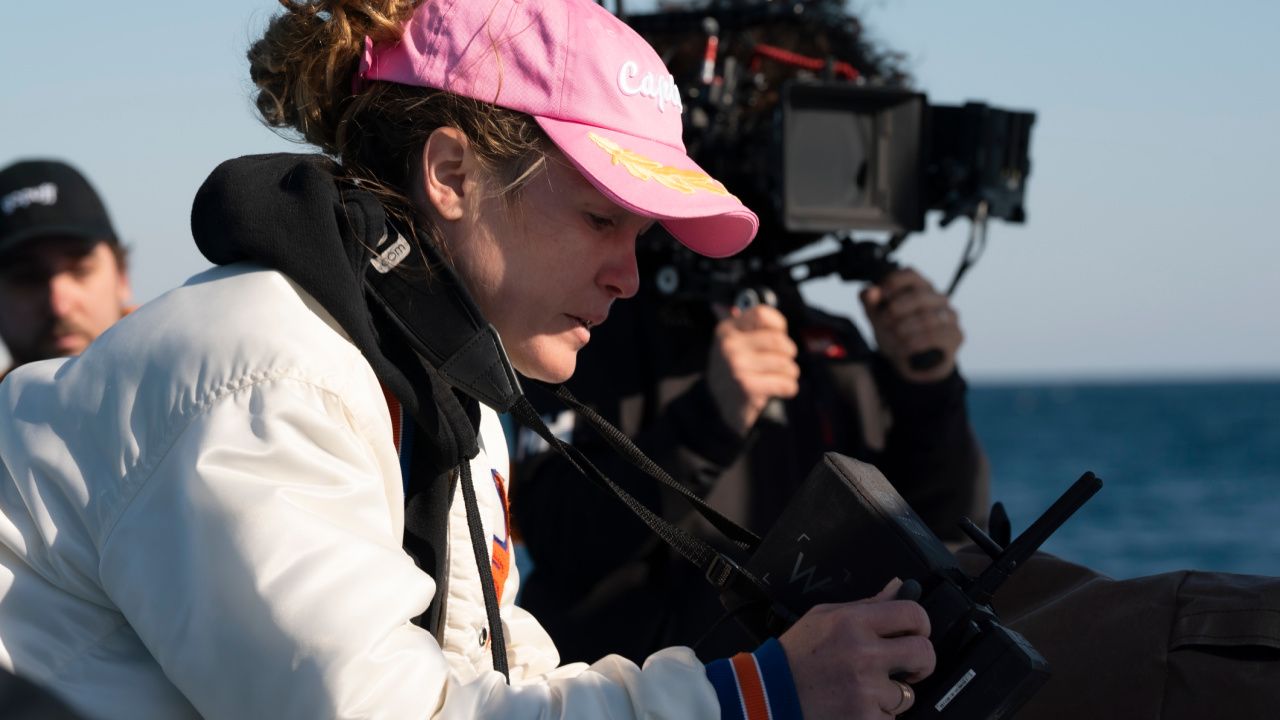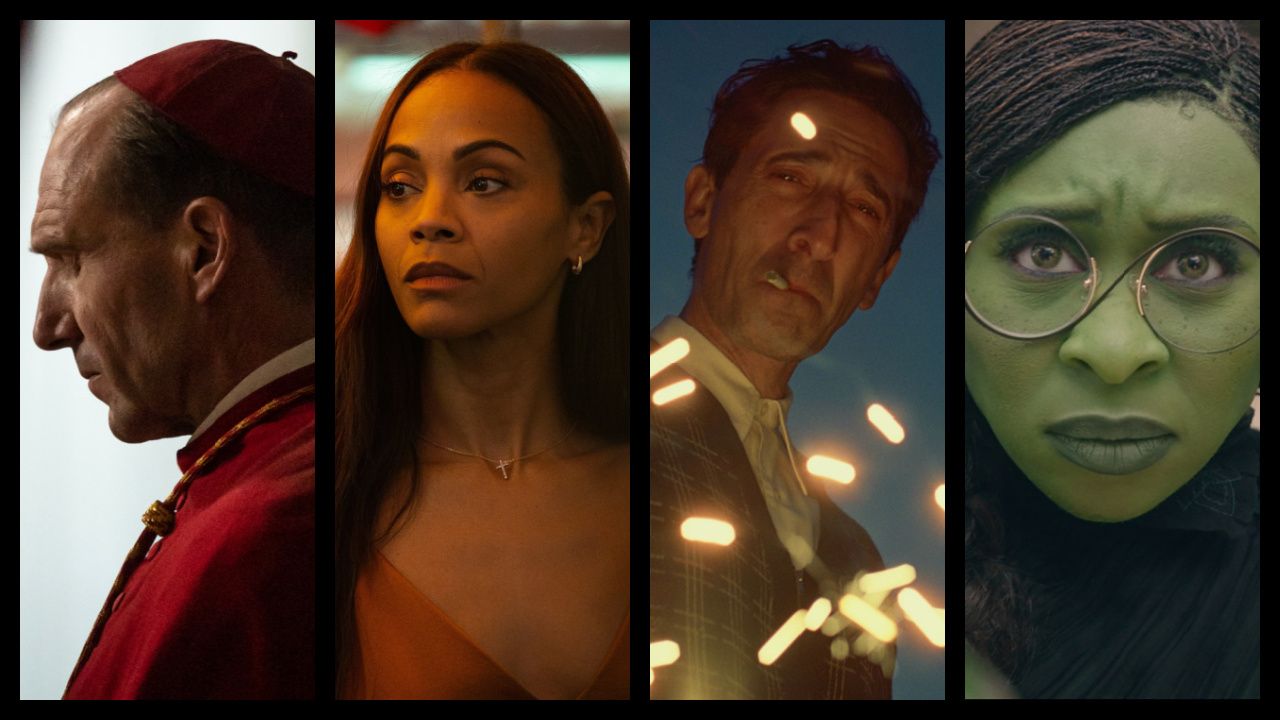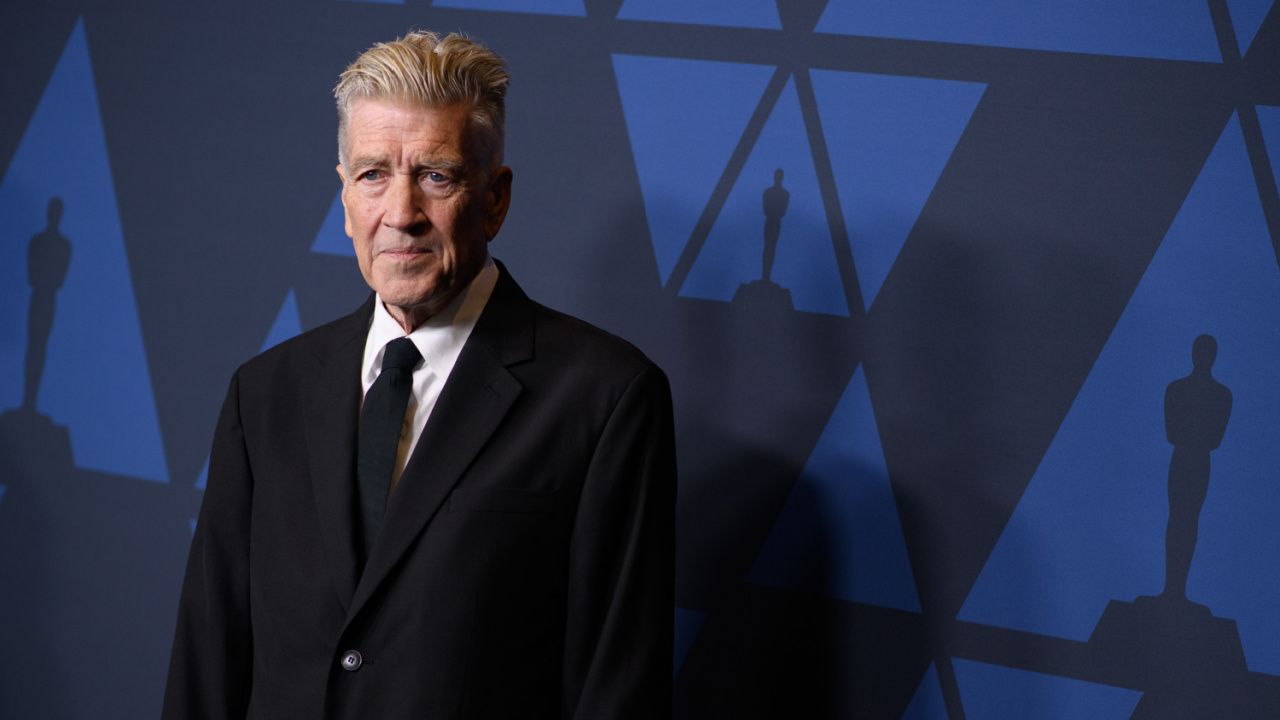Elon Musk, Bill Gates and Rupert Murdoch

The Breakthrough Prize Ceremony, also known as “the Oscars of Science,” is an award show unlike any other.
Founded and funded by Silicon Valley titan Yuri Milner and his artist wife Julia Milner, Google co-founder Sergey Brin, 23andMe co-founder Anne Wojcicki, and Facebook founder Mark Zuckerberg and his Chan-Zuckerberg Initiative co-founder Priscilla Chan, the Breakthrough Prize recognizes “scientists changing the world” with award statuettes and sizable cash prizes. And on Saturday night, at the ceremony’s 10th edition — the second in a row held on the roof of the Academy Museum of Motion Pictures, with the Hollywood hills glistening in the background — presenters, performers and audience members included a collection of A-listers that could give the Oscars a run for its money.
One could turn left and spot Bill Gates and Robert Downey Jr. sitting at the same table, or right and find tablemates Bradley Cooper and Rupert Murdoch schmoozing. In the center of it all, flanked at his table by Kim Kardashian and Brie Larson, was Elon Musk, chatting with a line of people who wanted a word with him. One man raised the topic of Russia’s invasion of Ukraine, in response to which Musk noted that he had publicly challenged Vladimir Putin to a one-on-one fight.
It was all a little surreal, even in the capitol of show business.
But, as James Corden, the host for the second year in a row, jokingly reminded Hollywood’s boldfaced names during his opening monologue, this particular evening was not really about them (“The only agent being thanked tonight will be hydrogen cyanide”), but rather about scientists who had made world-changing discoveries.
Some of those scientists, meanwhile, could be found taking selfies with Katy Perry, gushing about the beauty of nearby Margot Robbie, and being handed orb-shaped awards by the likes of Bradley Cooper and Venus Williams.
In addition to the aforementioned Milners, Wojicki, Downey, Cooper, Kardashian, Larson, Robbie, Cooper and Williams, presenters included Rob Lowe, Jessica Chastain, Michelle Yeoh, Alicia Keys, Olivia Wilde, Regina King, Da’Vine Joy Randolph, Zoe Saldaña, Glenn Close. Among the audience members were Perry and Orlando Bloom, Kris Jenner, Edgar Ramirez, Vin Diesel, Lizzo, Jeffrey Katzenberg, Damien Chazelle, Brian Grazer and James Gray. Edward Norton read a letter that the late Richard Dawkins wrote to his daughter. And Charlie Puth, David Foster and Adam Levine gave musical performances.
A full list of winners follows.
Breakthrough Prize in Mathematics
Simon Brendle “for transformative contributions to differential geometry, including sharp geometric inequalities, many results on Ricci flow and mean curvature flow and the Lawson conjecture on minimal tori in the 3-sphere.”
Breakthrough Prize in Fundamental Physics
John Cardy and Alexander Zamolodchikov “for profound contributions to statistical physics and quantum field theory, with diverse and far-reaching applications in different branches of physics and mathematics.”
New Horizons in Physics Prize
Michael Johnson and Alexandru Lupsasca “for elucidating the sub-structure and universal characteristics of black hole photon rings, and their proposed detection by next-generation interferometric experiments.”
Mikhail Ivanov, Oliver Philcox and Marko Simonović “for contributions to our understanding of the large-scale structure of the universe and the development of new tools to extract fundamental physics from galaxy surveys.”
Laura M. Pérez, Paola Pinilla, Nienke van der Marel and Til Birnstiel “for the prediction, discovery and modeling of dust traps in young circumstellar disks, solving a long-standing problem in planet formation.”
Breakthrough Prize in Life Sciences
Carl H. June and Michael Sadelain “for the development of chimeric antigen receptor T cell immunotherapy whereby the patient’s T cells are modified to target and kill cancer cells.”
Sabine Hadida, Paul Negulescu and Fredrick Van Goor “for developing life-transforming drug combinations that repair the defective chloride channel protein in patients with cystic fibrosis.”
Thomas Gasser, Ellen Sidransky and Andrew Singleton “for identifying GBA1 and LRRK2 as risk genes for Parkinson’s disease, implicating autophagy and lysosomal biology as critical contributors to the pathogenesis of the disease.”
Read the original article here






